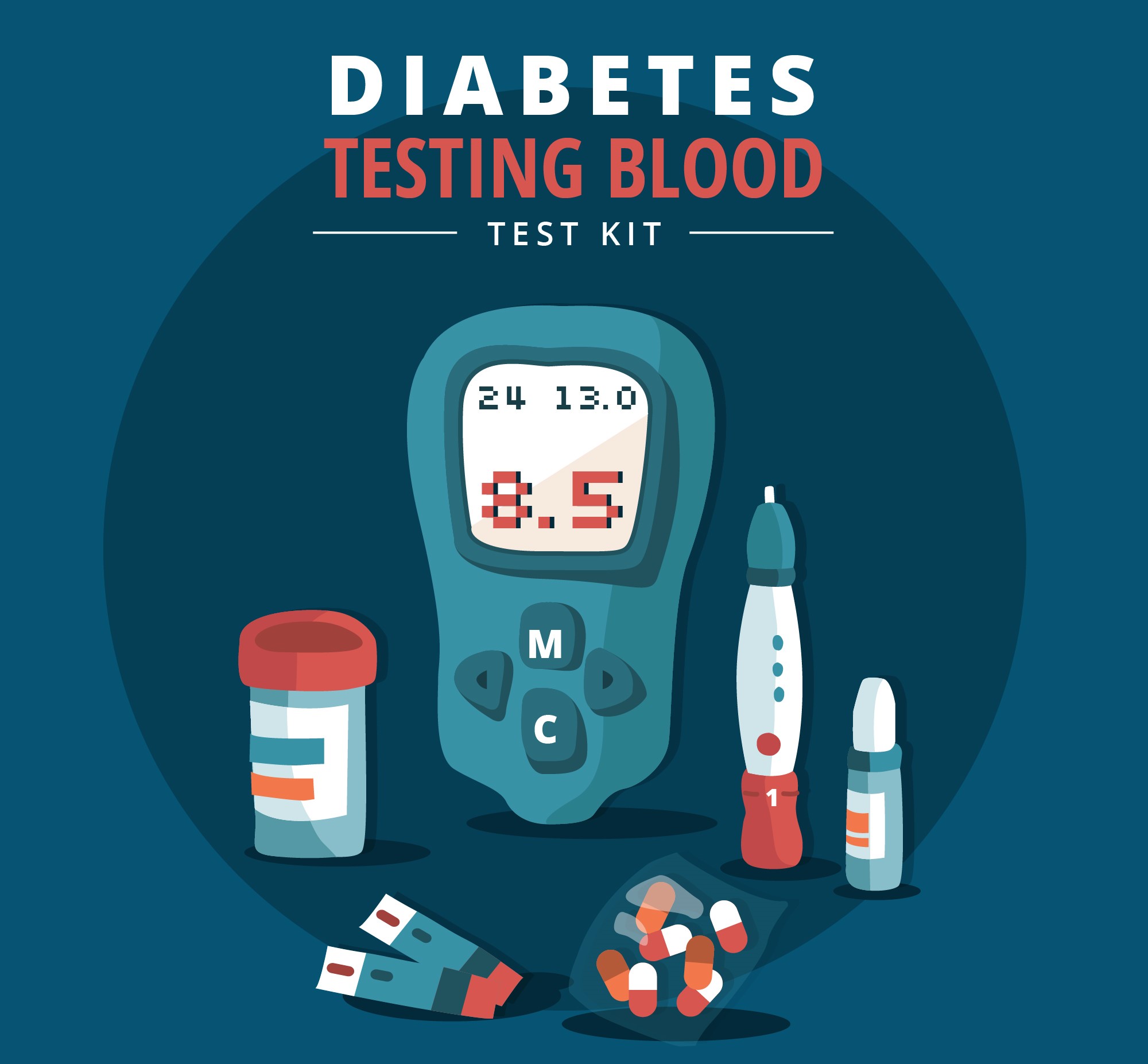
The Role of Hormones in Managing Blood Sugar Levels in Type 1 Diabetes
Introduction: Effective management of blood sugar levels is crucial for individuals with Type 1 diabetes to prevent complications and maintain overall health. Hormones, particularly insulin, play a vital role in this process. In this blog, we’ll explore how hormonal imbalances influence the management of blood sugar levels in Type 1 diabetes, covering insulin therapy and other strategies in simple language.
Understanding Blood Sugar Management: Type 1 diabetes is characterized by the body’s inability to produce enough insulin, resulting in high blood sugar levels. Managing blood sugar levels involves balancing insulin levels with dietary choices, physical activity, and medication.
The Role of Hormones: Insulin, a hormone produced by the pancreas, regulates blood sugar levels by allowing glucose to enter cells for energy. In Type 1 diabetes, insulin production is deficient due to the immune system attacking and destroying insulin-producing beta cells. This hormonal imbalance leads to high blood sugar levels, requiring external insulin administration for management.
Insulin Therapy: Insulin therapy is the cornerstone of managing blood sugar levels in Type 1 diabetes. Individuals with Type 1 diabetes require daily insulin injections or insulin pump therapy to replace the insulin their bodies cannot produce. Different types of insulin, such as rapid-acting, short-acting, intermediate-acting, and long-acting, may be used to mimic the body’s natural insulin production and control blood sugar levels throughout the day.
Beyond Insulin Therapy: In addition to insulin therapy, managing blood sugar levels in Type 1 diabetes involves adopting healthy lifestyle habits. This includes following a balanced diet, monitoring carbohydrate intake, engaging in regular physical activity, and monitoring blood sugar levels regularly. Hormonal imbalances, stress, illness, and other factors can also affect blood sugar levels, requiring adjustments to insulin doses and lifestyle routines.
Understanding Imbalances: Hormonal imbalances, particularly involving insulin, play a significant role in managing blood sugar levels in Type 1 diabetes. By understanding how hormonal imbalances impact blood sugar regulation, individuals with Type 1 diabetes can work with healthcare professionals to develop personalized management plans that promote optimal blood sugar control and overall well-being.
Conclusion: Managing blood sugar levels in Type 1 diabetes requires a comprehensive approach that addresses hormonal imbalances and incorporates insulin therapy, dietary choices, physical activity, and lifestyle modifications. By understanding the role of hormones in blood sugar regulation and implementing effective management strategies, individuals with Type 1 diabetes can lead healthy and fulfilling lives.
To seek medical advice, always consult a Doctor. Here are our recommended experts. Click Here
To read more on Type 1 diabetes. Click Here



